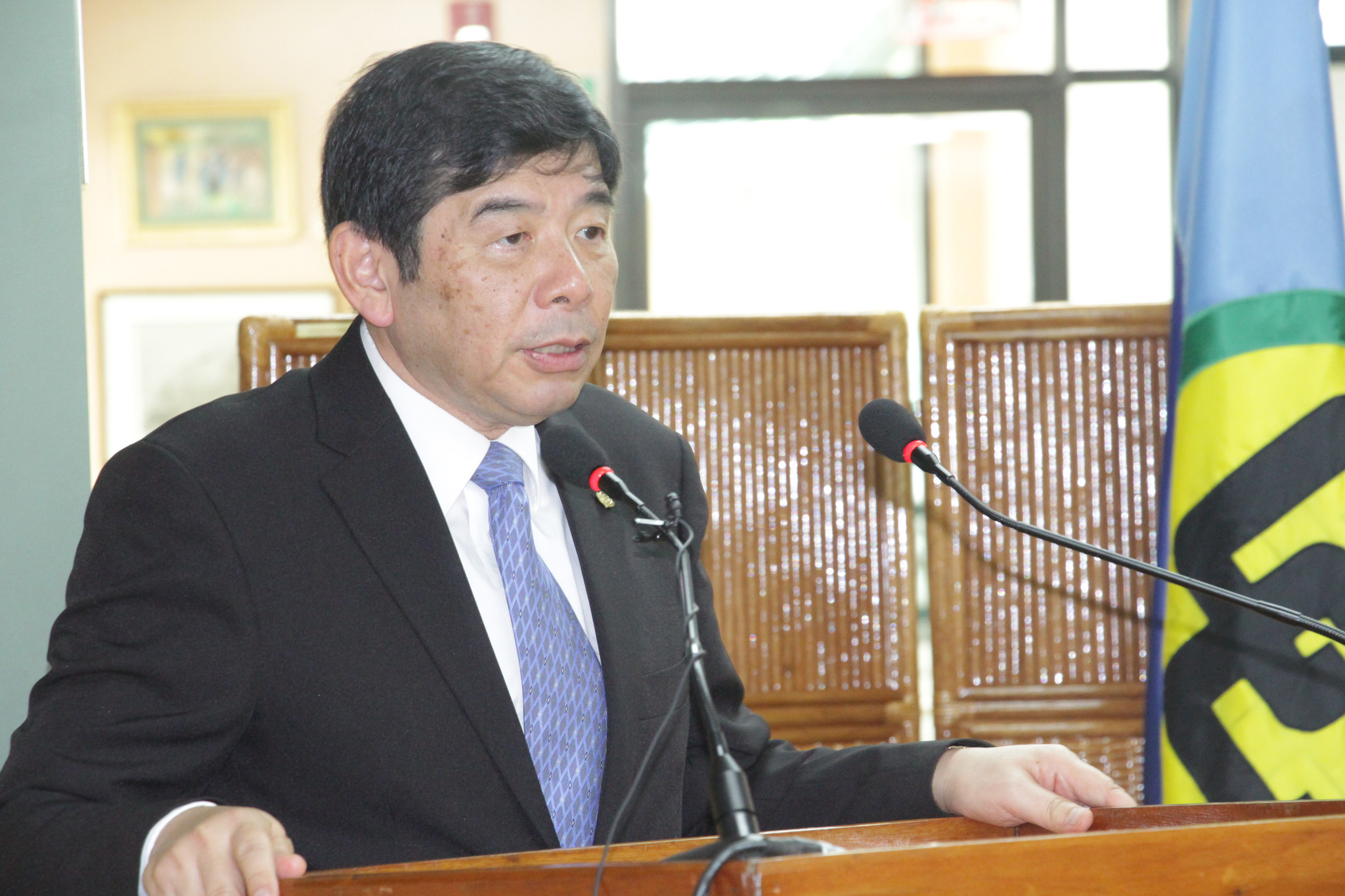
The World Customs Organization (WCO) has urged civil aviation authorities globally to collaborate strongly with Customs and other relevant stakeholders to facilitate safe and secure COVID-19 vaccine distribution worldwide.
The Secretary General of WCO, Dr Kunio Mikuriya, gave the advice in a joint statement by WCO and International Civil Aviation Organization (ICAO) on Guiding Principles for Pre-Loading Advance Cargo Information and Guidelines on Alignment of the Customs Authorized Economic Operator and Aviation Security Regulated Agent/Known Consignor Programmes, last week.
These guiding principles and guidelines, Mikuriya noted, were a result of continuous joint efforts over the last 10 years, following serious threats and vulnerabilities to international trade supply chains.
“In the context of the COVID-19 pandemic and the need to facilitate safe and secure vaccine distribution, strong collaboration among Customs, Civil Aviation Authorities and the relevant stakeholders is highly recommended.
“WCO and ICAO members are encouraged to make the best use of advanced cargo information for risk assessment as well as to align partnership and security programmes to ensure secure and efficient air cargo supply chains,” Mikuriya said.
“With the new Joint WCO-ICAO guiding principles for Pre- Loading Advance Cargo Information (PLACI), another layer is being added to the multi-layered approach to Aviation Security in order to detect Improvised Explosive Devices/Improvised Incendiary Devices (IED/IID) in air cargo. These PLACI principles should not be used as a standalone method of Aviation Security (AVSEC) screening or air cargo security control, but rather to perform an additional assessment of the potential Aviation Security risks represented by a consignment.
“These joint guiding principles comprise several key and specific principles to meet the needs and capabilities of both regulators and industry, and provide guidance for the risk analysis process. Combined with intelligence and other information, PLACI consignment data enables regulators to perform an initial assessment of the potential risks posed by a consignment. The results of the initial assessment may also indicate the need for additional action.
“In addition, the new Joint WCO-ICAO Guidelines on Alignment of the Customs Authorised Economic Operator (AEO) and AVSEC Regulated Agent/Known Consignor (RA/KC) Programmes seek harmonization and alignment between the WCO AEO and the AVSEC RA/KC Programmes, capitalizing on synergies and thus increasing efficiency, while also reducing duplication of efforts by regulators and burdens on trade.
“These guidelines aim to assist WCO and ICAO members wishing to assess the similarities between their Customs and AVSEC security programmes, with the intention of further aligning them. This collaborative work should ultimately lead to simplification of procedures and eradication of duplicate security requirements and controls, to the benefit of the authorities and the airline industry,” the statement added.